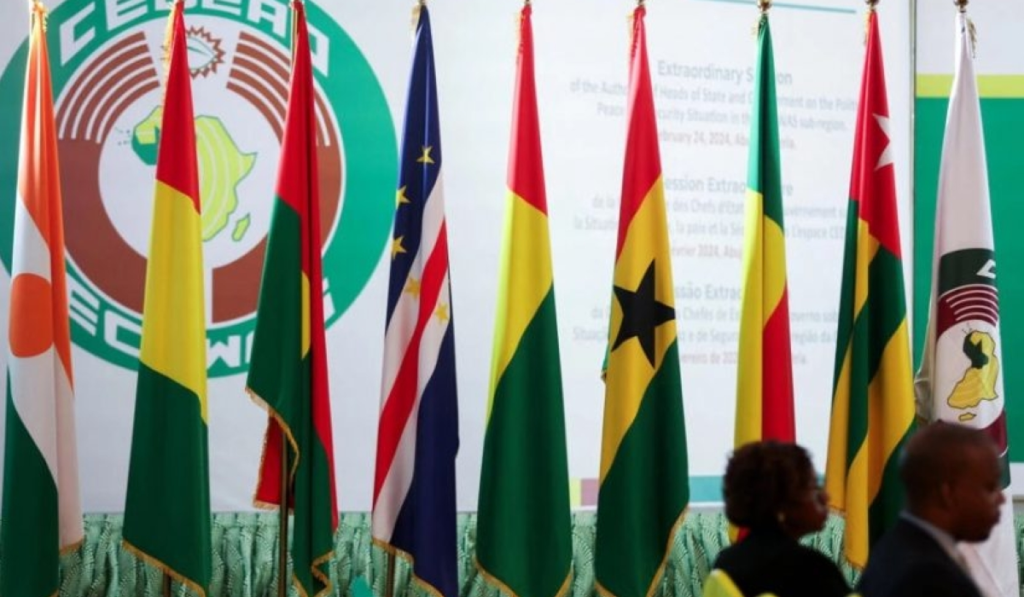April 5, 2024

They’ve been a long time coming. But now it looks like they are either pushing their way out of the woodworks or the times are just popping them up into the open. A latter-day new breed of leaders who may be coming to rescue the situation, if they persevere.
A “new breed of leaders”, remember the hype of times past?
Just to remind ourselves, in the mid-1990s US President Bill Clinton – a man with a good heart far removed from US cold-heartedly selfish policies – looked at some new African presidents and called them a “new breed of leaders” who gave hope to the continent. And, indeed, the way they synched and the positive signals they posted, we nodded in agreement because we saw a beacon of hope for our abused continent.
Were they here to rescue our continent?
Alas, Ethiopia’s Meles Zenawi saw his demise too early in his popular, impactful revolution. Uganda’s Yoweri Museveni still soldiers on, but his people are of a divided mind on his performance postcard. Eritrea’s Isias Afwerki? Sadly, he has gone heretic. And, maybe, rogue. So the continent continued on its stops-and-starts, up-and-down but decidedly downcast, downward spiral.
But wait. Among Clinton’s so-named “new breed of leaders” was one Rwanda’s Kagame.
For having led Rwandans into raising their country from the dead and into putting her on the pedestal of pride among the world’s proud performer countries, President Paul Kagame defies faulting. Western criticism? To countries of the West, fiddlesticks! We know how they dread any African positive reality.
Important thing is, President Kagame has not looked inward, to focus on his country’s transformation only. He has also reached out to champion the emancipation of the African continent. Apart from passionately pursuing regional and continental integrations of markets for the benefit of all individual countries and the continent, he has gone out to contribute to individual countries’ security and the wellbeing of their peoples, wherever he can.
When there are foreign forces working in cahoots with our very own egocentric quislings to wreak havoc on these efforts, however, and there are only a few bold heads willing to come out in force to push against this negativity, it can be a lonely place.
And so we were talking about a latter-day new breed of leaders. West Africa is certainly happening.
Already, three soldiers have been sending shock waves to the West, especially France, by strongly affirming the independence of their sovereignties. And they are down at work, to consolidate their countries’ little gains obtained out of past misrule, build on them and advance their countries. In particular, they are consolidating their national resources to benefit their peoples directly. This is as opposed to when these resources benefited the West first, before leaving them crumbs.
Mali’s Assimi Goïta, Burkina Faso’s Ibrahim Traoré and Niger’s Abdourahamane Tchiani may have come in single guns-blazing coups but so far, they are giving a good account of themselves.
They may not have honed their passions of independent decision-making and good governance through a protracted people’s struggle but they are a far cry from the marionettes of the West that they removed. Who knows, they might stay the course.
But then again, as with the earlier “new breed of leaders” before them, time will tell.
Hope has nonetheless risen, with the addition to the soldiers of a civilian who has hit the scene through an electoral process. Hoping he will not be a shooting star, to quickly light up and equally quickly fade away, Senegal’s new president, Bassirou Diomaye Faye, makes all the sounds that any francophone West African citizen would love to see turned into action.
End corruption; create employment for the youth; reduce the cost of living and such sounds, which ordinary Africans wouldn’t love to see that happen? Most importantly, moreover, cut connections with the common monetary currency, the CFA, that has maintained these countries as appendage economies of France. This is without mentioning the act of removing French military bases that are used by France to remove or install a leader of French choice.
While soldiers can accomplish these liberation feats in a simple surgical operation, an elected civilian leader, however huge the youth encouragement wave behind him, may not find it smooth sailing.
Youthful Diomaye and his slightly older but still youthful comrade, PM Ousmane Sonko, will certainly need leaders of like mind. Let’s hope that political ambitions will not interfere, especially of Sonko who was sure winner if he’d not been barred from running.
All in all, still, Africa should wish them all well: Goïta, Traoré, Tchiani and Diomaye Faye.
In them, a long-established independent-thinker leader in East Africa can find good company. If they are happening and they are in for the long haul, together with Free-Thinker, they can mobilise and grow many more other leaders, by their example, to build true, solid Pan-Africanism.
When we get there, a veritable, enduring new breed of African leaders will truly have emerged.
